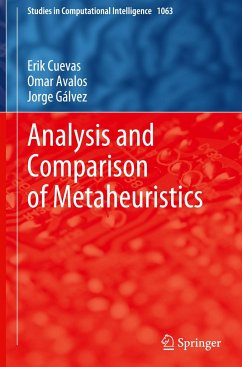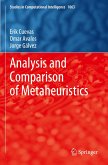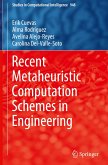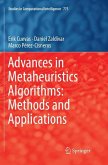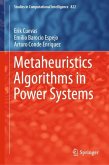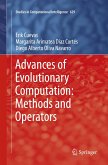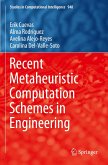This book presents a comparative perspective of current metaheuristic developments, which have proved to be effective in their application to several complex problems. The study of biological and social entities such as animals, humans, or insects that manifest a cooperative behavior has produced several computational models in metaheuristic methods. Although these schemes emulate very different processes or systems, the rules used to model individual behavior are very similar. Under such conditions, it is not clear to identify which are the advantages or disadvantages of each metaheuristic technique. The book is compiled from a teaching perspective. For this reason, the book is primarily intended for undergraduate and postgraduate students of Science, Electrical Engineering, or Computational Mathematics. It is appropriate for courses such as Artificial Intelligence, Electrical Engineering, Evolutionary Computation. The book is also useful for researchers from the evolutionary and engineering communities. Likewise, engineer practitioners, who are not familiar with metaheuristic computation concepts, will appreciate that the techniques discussed are beyond simple theoretical tools since they have been adapted to solve significant problems that commonly arise in engineering areas.
Bitte wählen Sie Ihr Anliegen aus.
Rechnungen
Retourenschein anfordern
Bestellstatus
Storno

